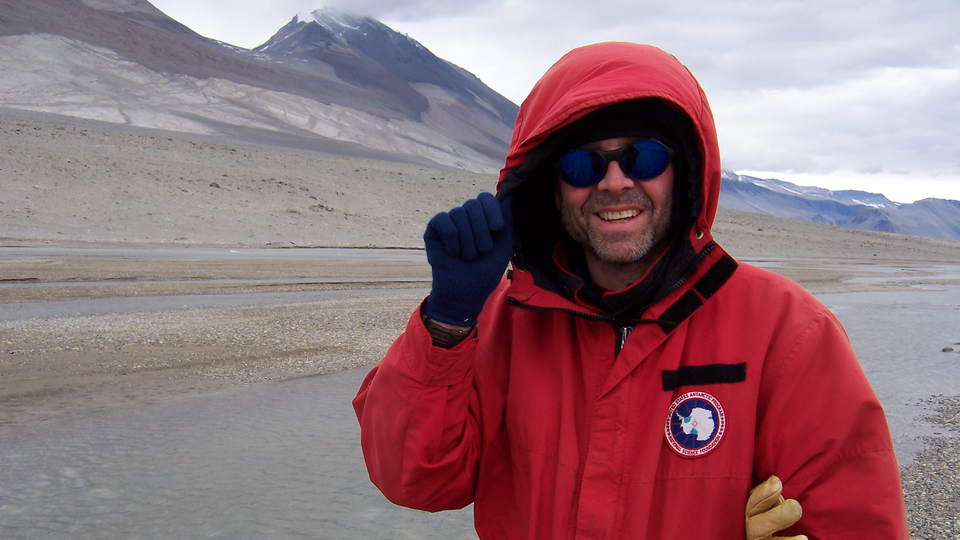
Meet Patrick Hamilton, Manager of Climate and Sustainability Initiatives
What does "bold science" mean to you?
Bold science means to me that the Science Museum is taking a leadership position on energy, water, and climate change. It’s how we position our leadership on climate neutrality to show how institutions can lead the way on addressing climate change.
How does your role at the Science Museum play a part in combating climate change?
As a part of my role, I am a strong advocate for how we use our building in a way that exemplifies how buildings can be a part of the solution by reducing their energy consumption. Buildings are responsible for 40% of all energy use in the United States, so they have big carbon footprints. The Science Museum has demonstrated, through our advanced heat recovery, that we can dramatically reduce the carbon footprint of our institution. We are confident we can go even lower with other innovations that are being developed.
What gives you hope in the fight against climate change?
I take great hope in the fight against climate change because a number of trends are moving in the right direction. The prices of wind and solar have dropped dramatically in recent years. In Minnesota, wind, and increasingly solar, are producing electricity at lower cost than coal-fired power plants. As a result, large utilities are closing down their coal-fired power plants. Turning electrical generation into the cleaner, greener, low-carbon (or almost zero carbon) energy source, and by doing what’s called beneficial electrification--using electricity to do work we were doing with natural gas, oil, and gasoline—there are paths forward for dramatically reducing carbon emissions.
What are the biggest opportunities for addressing climate change?
We often think of climate change as being just an environmental issue. But it presents significant employment, education, and equity opportunities in addition to environmental ones.
In Minnesota, the development of renewable energy has been a big economic engine, particularly in our rural areas, because that’s where a lot of our wind and solar development is taking place.
There are tens of thousands of people in Minnesota who are employed in renewable energy and energy efficiency jobs. For example, when the Science Museum purchased two heat recovery chillers for its advanced heat recovery system, we helped employ the factory workers in La Crosse, Wisconsin who built the machines; the truckers who delivered them to St. Paul; the riggers who moved them to the museum; and countless other professionals to do this one retrofit. Imagine the economic, employment, and educational opportunities if energy-efficient buildings were not rare, but commonplace.
Lastly, I think climate change presents a big equity opportunity. Solving it is going to require everyone’s participation. In the past, efforts to solve societal issues have not involved all citizens. Here is an opportunity to more broadly expand the benefits of addressing climate change and more broadly distribute the economic and employment benefits that the changes will generate.
Why is bold science important to democracy?
Bold science is our society’s bright headlights at night. It’s still up to all of us to steer but science vastly improves our prospects for safely going forward while avoiding the ditches or worse.
Tell us your favorite way to take action for science.
I use math and science to help the Science Museum chart a course for dramatically reducing its contributions to climate change and becoming a showcase of climate innovation and I use Twitter (@PatrickHamilto2) to help raise awareness of how science is serving as an essential tool in helping us to comprehend our complex, rapidly changing world.
Science is critical to the world. How can people support science-forward policies and programs?
With 7.8 billion people now on board, we all now live on a human-dominated planet. Every day, the future of Earth is being determined by human decision-making, either by default or by design, by accident or by intention. Speak out and advocate forcefully for the use of science to help all of us to imagine, design and realize a future in which all of us are able to realize our full potential while being wise stewards of this planet – our only home.